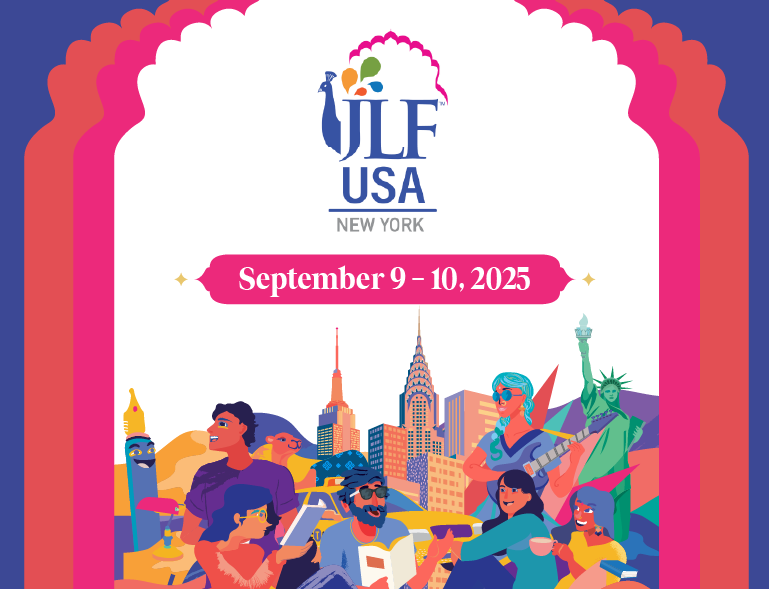

Food, Memory and Culture
“Sometimes a single meal can sustain a human being for an entire lifetime.†Ligaya Mishan, renowned writer from the New York Times, quotes this line from novelist Chandrahas Choudhury’s most recent work - a collection of short stories titled “Days of My China Dragonâ€- in conversation with him, iconic food critic Adam Platt and scholar of food studies, Krishnendu Ray. The panel discusses the intersection of food, memory and culture by delving into their childhood memories, experiences of nostalgia and belonging.
They discuss their earliest memories of food, and in their descriptions of delectable dishes, one can envision the profound impact food had on their ideas of home. Chandrahas Choudhury speaks in reference to his recent work, about a particular restaurant and its community. He touches upon ideas of the authenticity and the fusion of cuisines - such as the popular Indo-Chinese dishes, the fried rice vis-à -vis ‘authentic’ Chinese bitter melon. “A lot of cuisines are trying to regain their authenticity,'' he says, before the panel asks – “are cuisines meant to be singular, or is the evolution of the palette inevitable?â€
They then explore the intimate connection food has with personal and national identity- a hot topic in an era of globalization. Krishnendu Ray describes his experience as a young, twenty-something, South Asian male, grappling with a sense of love, of wanting to belong to a new culture. By tying food to patriotism, Krishnendu Ray brings forth the idea of “roots and routes†- of how one can map out the adaptation of cuisines based on mobility and migration; of finding balance between our home cultures and the foreign culture we are trying to assimilate into.
Ligaya Mishan points towards the wariness of food writers in using certain techniques and descriptions for food- including “authenticâ€. To this, Adam Platt, an award-winning food critic, says that he avoids describing food as “thrillingâ€. He says that keeping descriptions simple is the best way to get the message across. As they discuss being at a loss for words in food writing, Ligaya Mishan points to advice given to her by an editor - “stop writing about the food...write about the stories of the people making it, the history of the food - there are so many ways of saying something is delicious.†Thus, food, despite its momentary effects, has a profound impact on our identities, our cultures, our societies and personal stories, which indeed, can sustain a human being for an entire lifetime.



Leave a comment